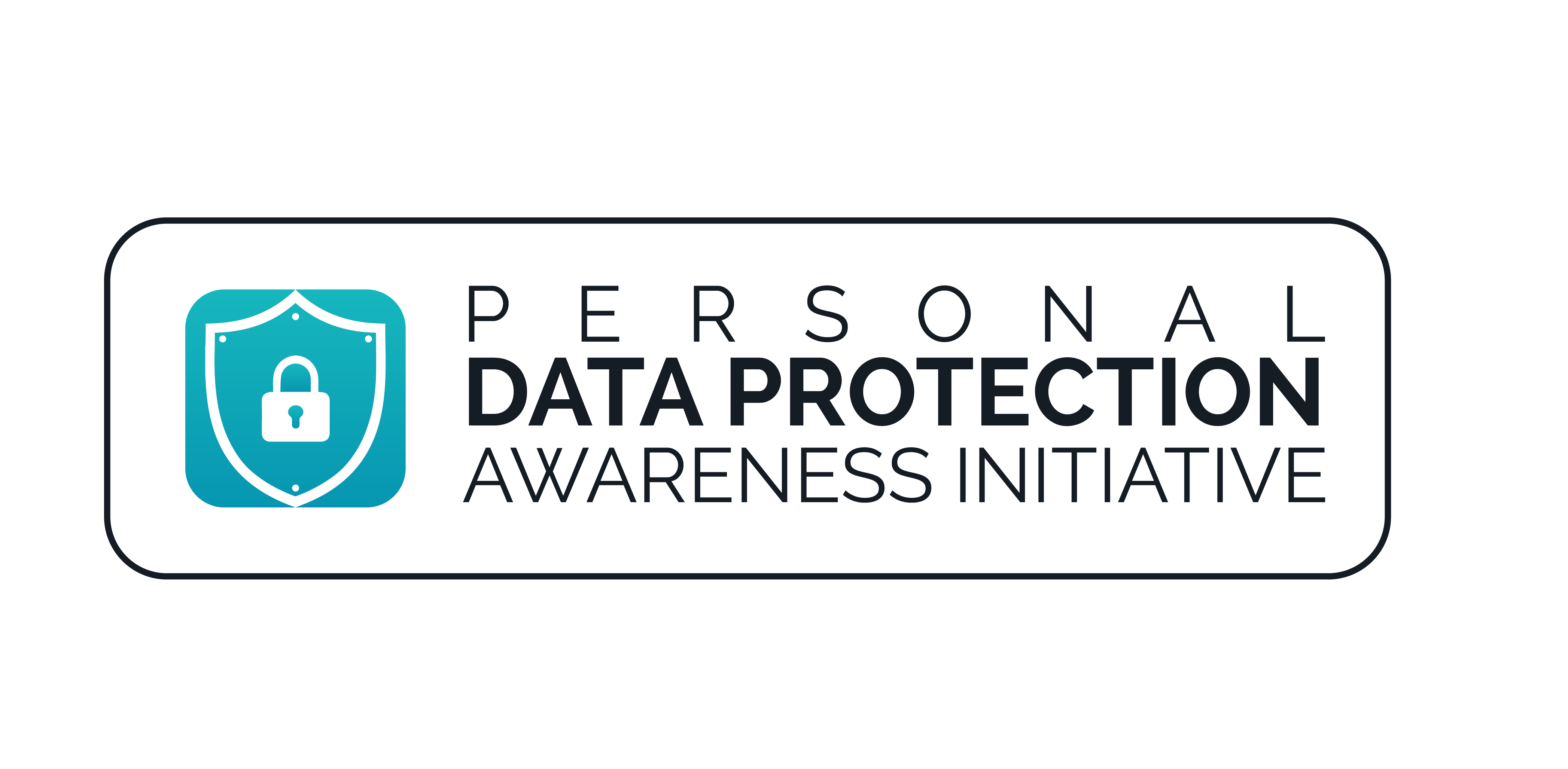
Preserving Personal Autonomy: The Significance of the Right to Not Be Subject to Automated Decision Making and Profiling
Introduction
In today’s fast-paced and interconnected world, personal data has become an invaluable asset, fueling the engines of modern technology and powering the algorithms that shape our lives. While this data-driven landscape has brought about incredible advancements, it has also raised concerns over individual privacy and autonomy. Amid this digital revolution, the right not to be subject to automated decision-making and profiling has emerged as a vital pillar of data protection, safeguarding the very essence of personal freedom.
In this blog post, we delve into the significance of preserving personal autonomy through the lens of the data subject’s right to avoid automated decision-making and profiling. We will explore the ins and outs of these technologies, and grasp the legal foundations supporting this right.
Understanding Automated Decision Making and Profiling
The importance of automated decision-making (ADM) and its close cousin, profiling, has skyrocketed in the information age. They are the foundation of numerous technological systems, allowing businesses to process massive amounts of data and quickly make educated decisions. However, they also prompt serious concerns over personal privacy, equity, and independence.
Definition of Automated Decision Making:
The term “Automated Decision Making” describes the method of using algorithms and computer programs to analyze data and come to conclusions automatically. These algorithms draw conclusions based on previously established norms, patterns, and mathematical and statistical models. The efficiency and scalability of ADM systems allow for the effective management of even the most complex business processes. Automated decision-making is used in a wide variety of systems, from loan approval to credit scoring to applicant screening to the recommendation algorithms used by social media platforms to surface relevant content to users.
Explanation of Profiling and its Role in Data Analysis:
Profiling is the process of creating a detailed picture of a user based on their characteristics and actions in order to make educated guesses about those people or to evaluate them objectively. Businesses use customer profiling for purposes such as market segmentation, ad targeting, and service improvement. ADM systems frequently combine with profiling to make decisions that are unique to each user. For instance, online retailers may use profiling data to recommend products to users based on their browsing history and past purchases.
How Automated Decision-Making Works:
Massive amounts of information are required as input for ADM systems. This information may be organized (such as a list of numbers) or unorganized (such as a collection of words or pictures). After collecting data, the system processes and analyzes it using algorithms, machine learning models, or AI methods. The result of an ADM process is a choice or an action based on the rules and patterns discovered in the analysis. Although ADM improves speed and efficiency, it is not always straightforward or easy to understand, which raises questions of transparency and accountability.
The Role of Machine Learning in Automated Decision-Making:
Machine learning plays a significant role in ADM systems. Supervised learning, unsupervised learning, and reinforcement learning are common approaches used in training algorithms to make predictions and decisions. In supervised learning, algorithms are trained on labelled data, where the correct outcomes are known. In unsupervised learning, the system identifies patterns in data without pre-existing labels. Reinforcement learning involves training algorithms to make decisions through trial and error, learning from feedback in the form of rewards or penalties.
The Benefits and Drawbacks of Automated Decision-Making:
ADM offers several benefits, including increased efficiency, reduced human error, scalability, and the ability to process vast amounts of data quickly. However, its deployment is not without drawbacks. The opacity of some algorithms can lead to biased decisions, while errors or biases present in training data can perpetuate unfair outcomes. Furthermore, ADM may lack the nuance and context that human decision-makers can provide, resulting in situations where individuals may feel dehumanized or misunderstood by the system.
The Role of Ethics in Automated Decision-Making and Profiling:
As ADM and profiling technologies become more pervasive, ethical considerations become increasingly important. Questions arise about the ethical use of data, the potential harm caused by biased decisions, and the responsible handling of sensitive information. Organizations must adopt ethical guidelines and principles to ensure fairness, transparency, and accountability in their ADM and profiling practices.
Data Protection Right on the Use of Automated Decision-Making Process and Profiling:
You have a right under the data protection law to not be subject to a decision made solely by a computer if that decision affects your legal rights or significantly impacts you in other ways. A decision affects your legal rights when it impacts your ability to do things like vote. Processing can significantly impact you if it affects your behaviour, circumstances, or choices. For example, if an automated system denies your online credit application, that would be an example of a significant impact. Various data protection and privacy laws govern ADM and profiling practices. For instance, the General Data Protection Regulation (GDPR) in the European Union includes provisions for the right to explanation, which gives individuals the right to understand the logic behind automated decisions that affect them. Additionally, some sectors may have specific regulations regarding ADM and profiling, such as in finance, where the Fair Credit Reporting Act (FCRA) in the United States regulates credit scoring.
It is important to note that the right to an explanation plays a pivotal role in protecting against discrimination based on automated decision-making and profiling. In the event that a significant decision about them is made using an ADM process, the subject data should be informed as required by Article 22(3) of the GDPR. They have a right to understand the rationale behind any automated decisions made about them, as well as the significance and potential outcomes of such processing. This is essential to transparency and accountability in automated decision-making systems.
Ethical Guidelines and Best Practices
In addition to legal frameworks, industry organizations, advocacy groups, and technology companies have established ethical guidelines and best practices for automated decision-making and profiling. These guidelines often emphasize the need for fairness, transparency, and accountability in designing and implementing ADM systems. These voluntary measures complement legal requirements and help promote the responsible and ethical use of data.
Conclusion
The right to not be subject to automated decision-making and profiling is a fundamental aspect of modern data protection laws. It serves as a safeguard for individual autonomy and privacy. Data protection regulations provide a solid basis for promoting responsible data practices and ensuring that technological advancements do not come at the expense of personal freedoms. By upholding these principles and addressing the challenges ahead, we can navigate the data-driven landscape while respecting the rights and dignity of data subjects.
Organizations and technologies collect, analyze, and act upon vast amounts of data. Preserving personal autonomy is crucial to ensure that individuals retain control over the narratives that define them, free from undue influence by opaque algorithms and profiling practices.



